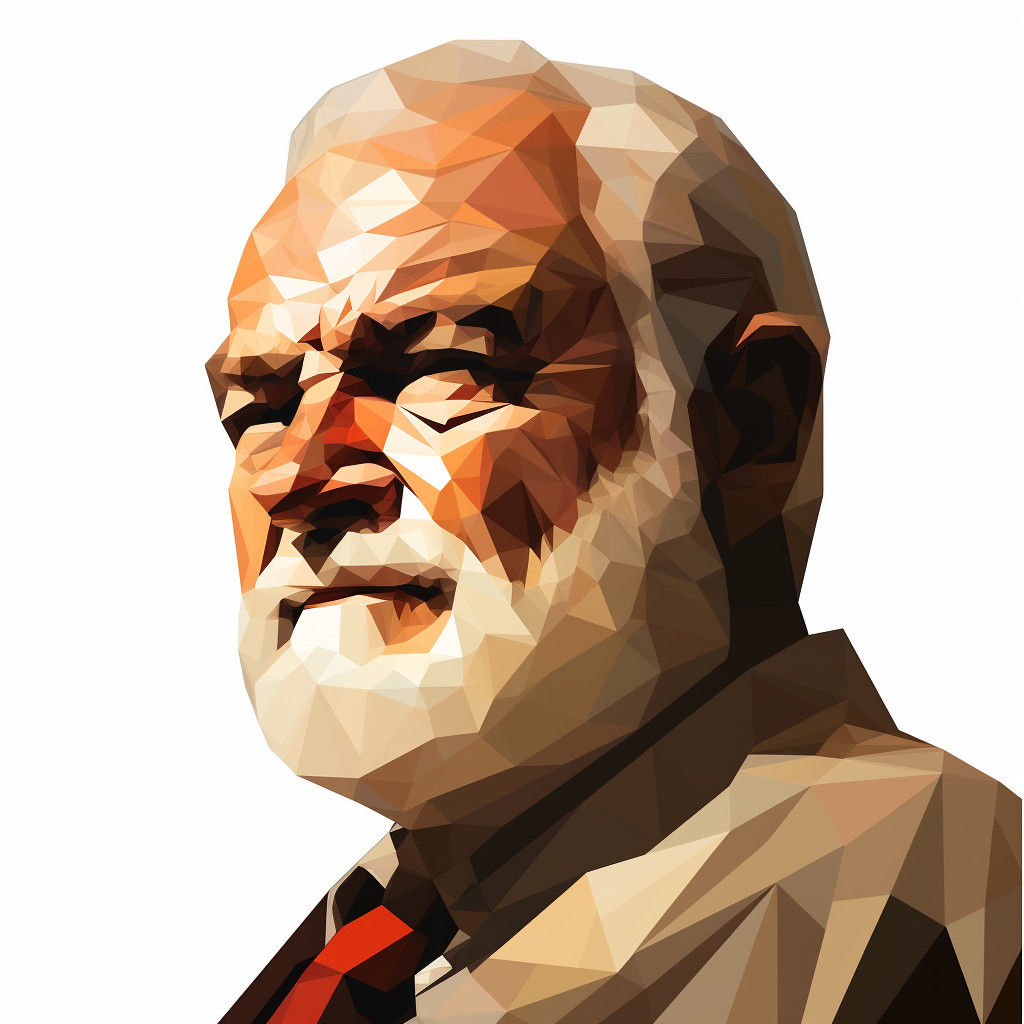'Cowardice' Quotes
Cowardice quotes have long been a source of inspiration and reflection for individuals and society as a whole. These powerful words highlight the negative impact of fear and hesitation, encouraging individuals to overcome their fears and take action. From ancient philosophers like Aristotle to moder…Read More
Cowardice quotes have long been a source of inspiration and reflection for individuals and society as a whole. These powerful words highlight the negative impact of fear and hesitation, encouraging individuals to overcome their fears and take action. From ancient philosophers like Aristotle to modern leaders like Nelson Mandela, cowardice quotes have been used to motivate and inspire people to stand up for what is right and face their fears. In a historical context, these quotes have played a significant role in shaping the actions of famous figures and influencing societal change. Today, they continue to resonate and motivate people to be brave and courageous in the face of adversity.Read Less
Cowardice quotes have long been a source of inspiration and reflection for individuals and society as a whole. These powerful words highlight the negative impact of fear and hesitation, encouraging individuals to overcome their fears and take action. From ancient philosophers like Aristotle to modern leaders like Nelson Mandela, cowardice quotes have been used to motivate and inspire people to stand up for what is right and face their fears. In a historical context, these quotes have played a significant role in shaping the actions of famous figures and influencing societal change. Today, they continue to resonate and motivate people to be brave and courageous in the face of adversity.
82 Notable 'Cowardice' Quotations and Sayings
Cowardice – Symbolic Value
Cowardice is a concept that has been explored and portrayed in various forms of literature, art, and media. It is often associated with fear, weakness, and lack of courage. However, beyond its literal meaning, cowardice holds a deeper symbolic value that reflects the complexities of human nature.At its core, cowardice represents the human tendency to avoid danger or difficulty, even at the cost of one’s own principles or values. It is a manifestation of our innate survival instinct, which drives us to protect ourselves from harm. In this sense, cowardice can be seen as a form of self-preservation.
Cowardice – Cultural and Historical Significance
The concept of cowardice has been deeply ingrained in various cultures and societies throughout history. In ancient Greece, cowardice was considered a grave dishonor and was often punished with exile or death. In medieval Europe, knights were expected to display bravery and courage in battle, and cowardice was seen as a betrayal of their code of chivalry.In many cultures, cowardice is also associated with masculinity. Men are expected to be brave, strong, and fearless, and any display of fear or weakness is often seen as a sign of cowardice. This societal expectation can have a detrimental effect on men, as it discourages them from expressing their emotions and vulnerabilities.
Cowardice – Common Themes in Motivational Contexts
In motivational contexts, cowardice is often portrayed as a hindrance to success and personal growth. It is seen as a barrier that prevents individuals from taking risks and pursuing their dreams. Many motivational quotes and speeches emphasize the importance of overcoming cowardice and facing one’s fears in order to achieve greatness.One common theme in motivational contexts is the idea that courage is not the absence of fear, but the ability to act in spite of it. This highlights the fact that cowardice is a natural human emotion, and it is how we choose to respond to it that truly matters.
Cowardice – Portrayal in Art and Media
Cowardice has been a recurring theme in art and media, often depicted through characters who struggle with their fears and insecurities. In literature, characters such as Hamlet and Raskolnikov are often seen as cowards for their inability to take action. In film and television, the trope of the cowardly sidekick or villain is a common portrayal of cowardice.However, there has been a shift in recent years towards a more nuanced portrayal of cowardice. Characters are now shown to have complex motivations and struggles, and their cowardice is often a result of trauma or societal pressures. This more realistic depiction of cowardice allows for a deeper exploration of the human psyche and the impact of fear on our actions.
Cowardice – Impact on Understanding of Life and Society
The concept of cowardice has a significant impact on our understanding of life and society. It highlights the complexities of human nature and the struggle between our survival instincts and our moral values. It also sheds light on the societal expectations and pressures that can lead to the suppression of emotions and vulnerabilities.Moreover, the portrayal of cowardice in media and literature can influence our perception of certain groups or individuals. For example, the stereotype of the cowardly villain can perpetuate harmful stereotypes and contribute to the stigmatization of certain groups.In conclusion, cowardice is a concept that holds a deep symbolic value and has a significant impact on our understanding of life and society. It is a complex emotion that reflects the struggle between our survival instincts and our moral values. By exploring the various facets of cowardice, we can gain a deeper insight into the human psyche and the impact of fear on our actions.


















